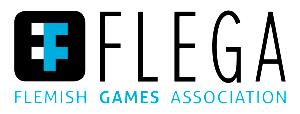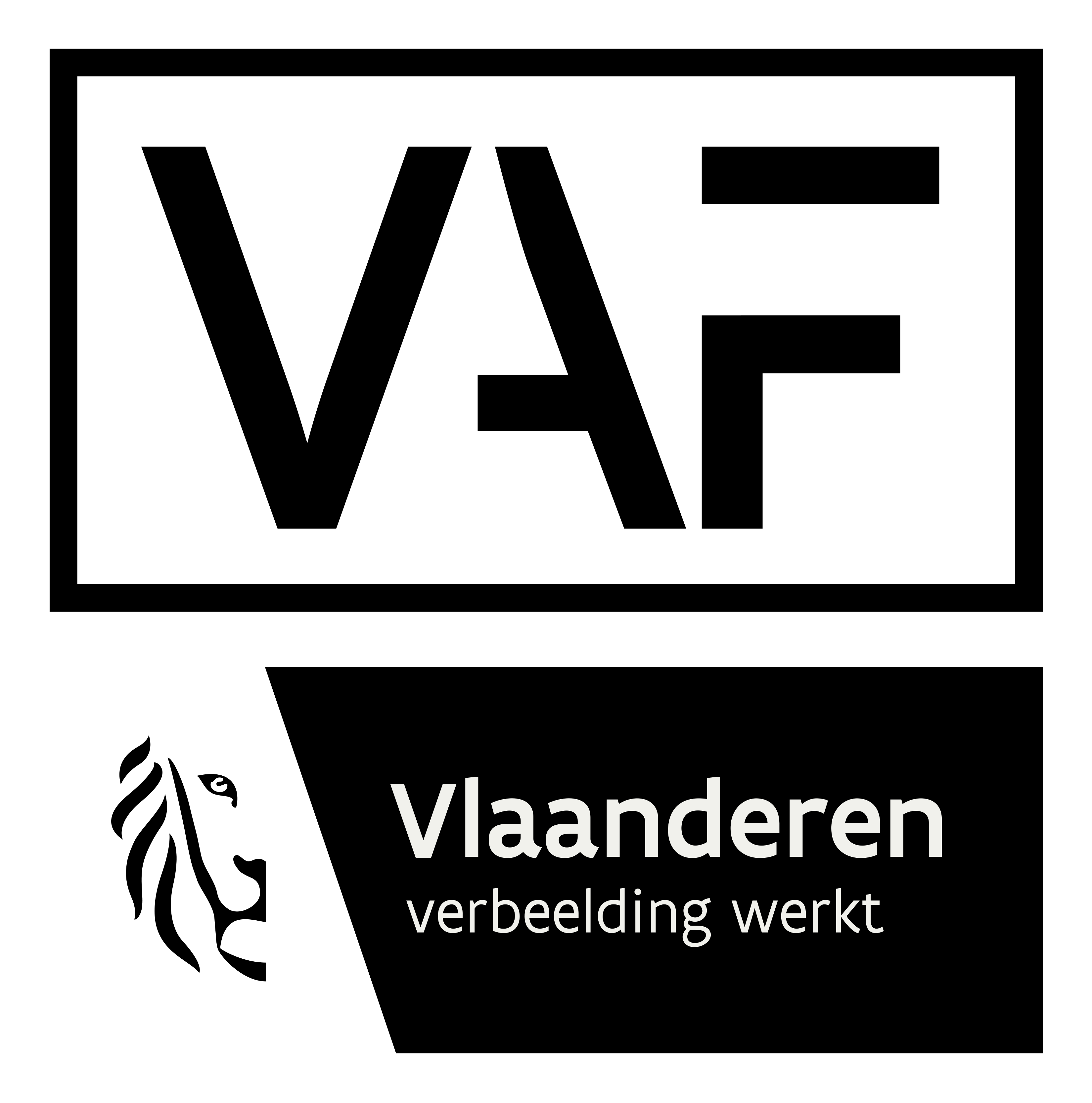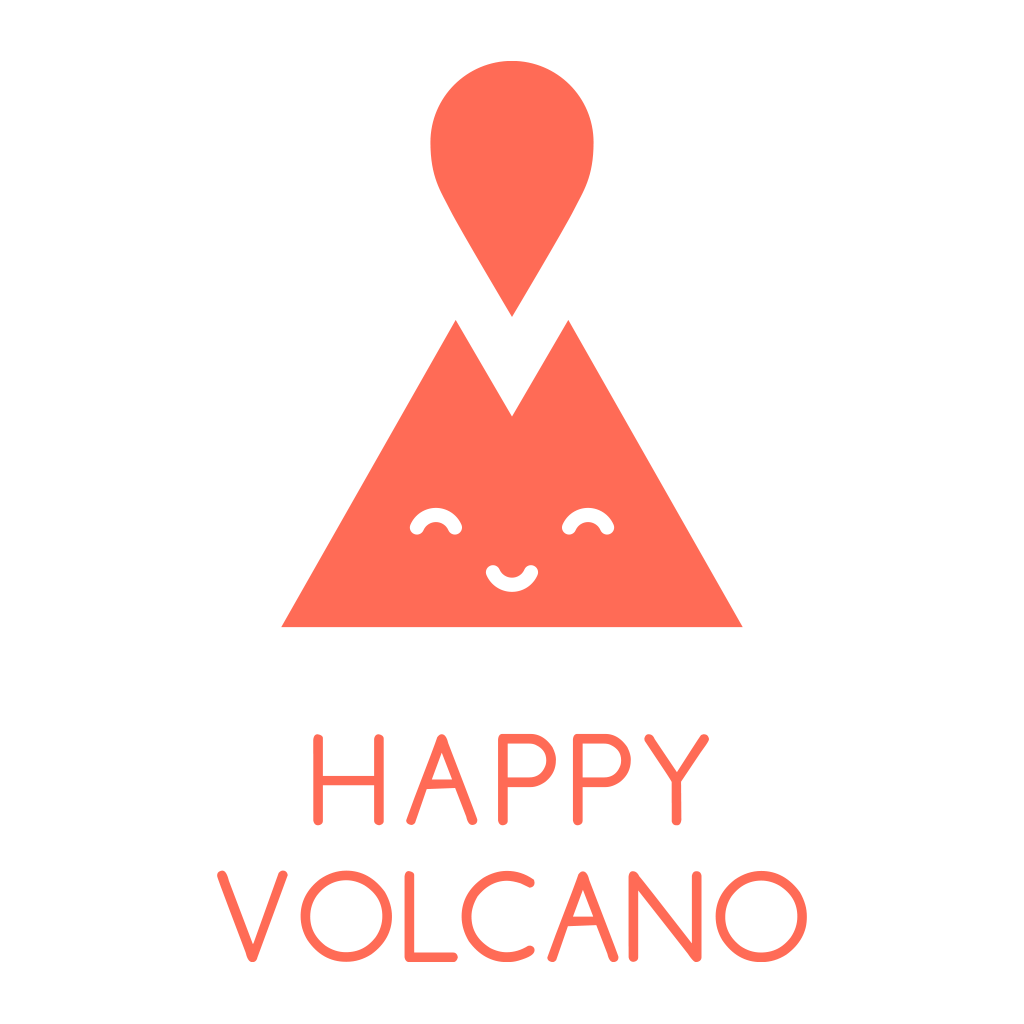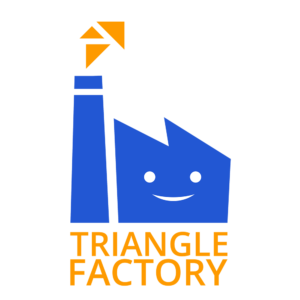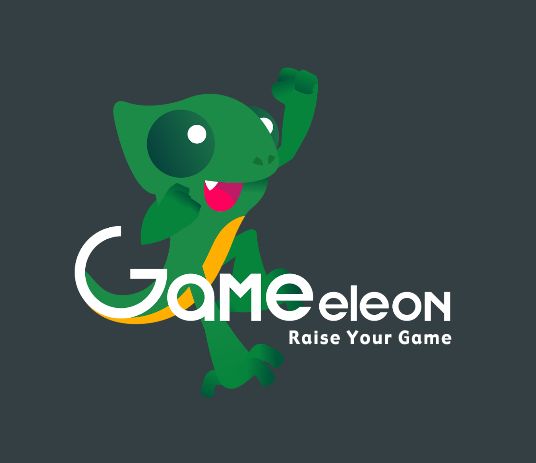
We’ve already introduced you to the colourful game translation and localisation services of our proud member Gameeleon. With projects coming to a crawl and people not coming into the office, they took a deep dive into research to find new ways to optimise their services and adapt to the new standard of remote work.
One of the biggest results of the pandemic was the opening of a second office in Asia. When one of their localisation managers got stuck in Taiwan during the outbreak, he decided to stay and explore what the market had to offer. The outcome is a new representative office in Taipei to be closer to overseas clients, cover all time zones and offer great quality Asian localisations.
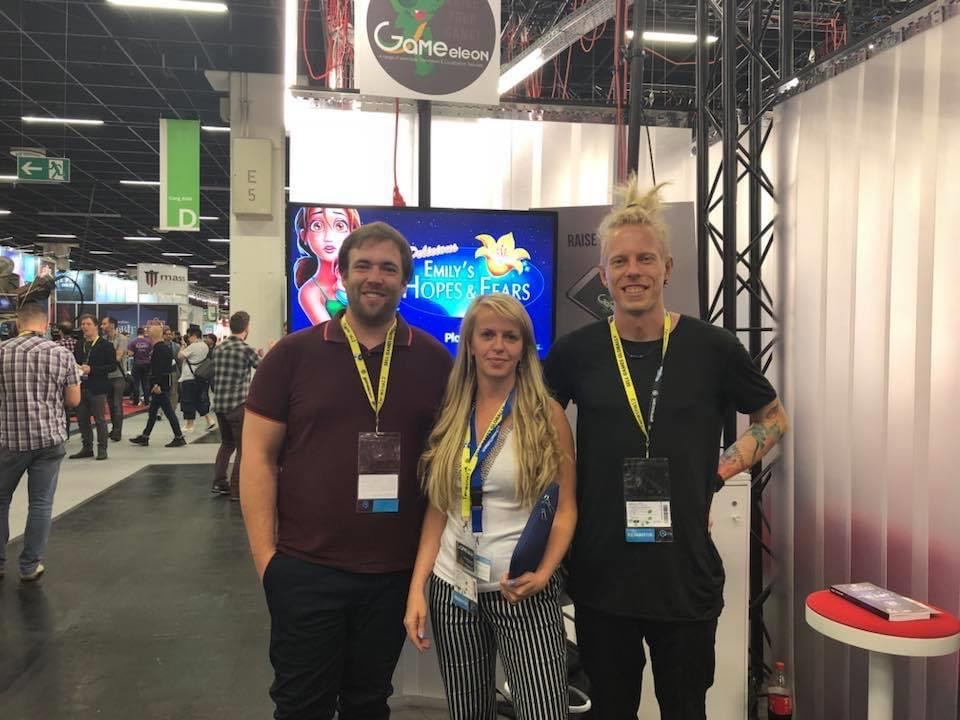
In order to adapt to working from home, Gameeleon also reinvented its Translation Management Software. With the new in-house tool Orbit, every localiser is now fully equipped to spew their first class translations to clients from all over the world from the comfort of their own home. You can find more details about their new agile way of working in this blog post.
The company also took the time to do a little overhaul of their website. You can now easily find out what events the team will be attending (spoiler alert: they’ll be at GDC Summer and MeetToMatch Cologne Edition) and see some of their previous big projects, such as Star Wars: Squadrons, Ni No Kuni 2 and the Torchlight series. A much requested feature, it’s now also possible to get an instant idea of your translation costs.
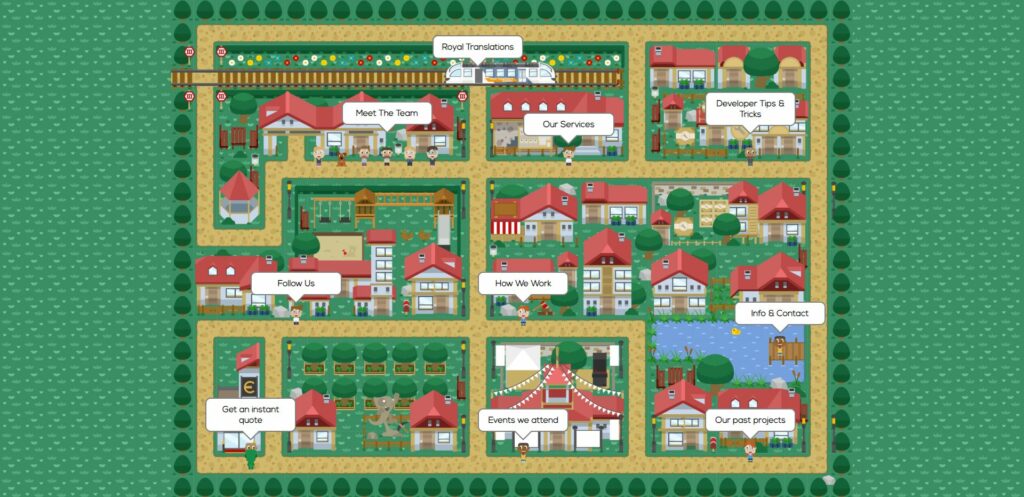
Translation and localisation aren’t always top of mind with game developers. While the skills of building a game and translating one are miles apart, Gameeleon taps into your existing workflow without disturbing the peace, so you can focus on the things you do best: creating kick-ass games. Their international team of Belgian, French, British, and Czech project managers have one thing in common: they all speak the language of games.
